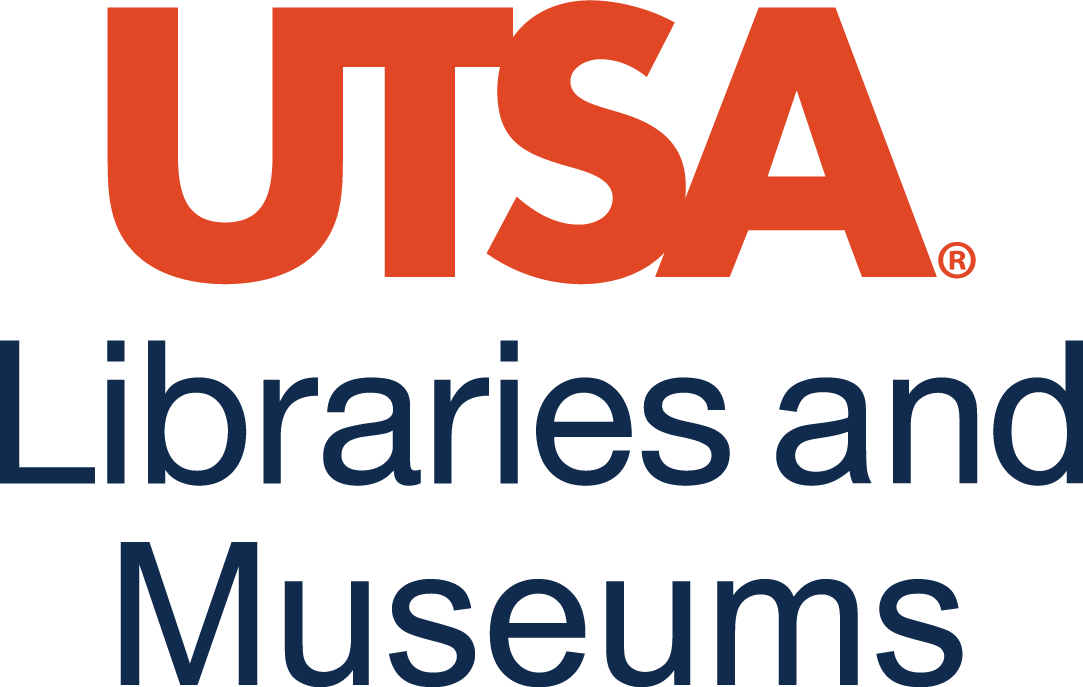Word Usage– Easily Confused Words
Jared Aragona
Word usage–easily confused words
Use the proper form of commonly confused words.
Here are some common problems:
A is used before a consonant sound:
a king, a princess, a violin
AN is used before a vowel sound (a, e, i, o, u):
an opera, an eclipse, an apple.
Exceptions occur depending on the sound of the letter; for instance, if the H is silent, it is a vowel sound: an hour, an honor. If it is pronounced, it is a consonant sound: a hotel, a history lesson. Others include a one-way street, an NBA all-star, etc.
ACCEPT is a word meaning “to receive”:
I will accept the packages that arrived at my office.
EXCEPT is a word meaning “excluding”:
I will accept all of the packages except the one that’s ticking.
AFFECT is almost always a verb meaning “to influence”:
I was affected by the smell of her perfume.
EFFECT is usually a noun meaning the “result” of a cause:
The lasers produced a dazzling effect on the planetarium ceiling.
EFFECT is occasionally used as a verb meaning “to be the cause of”:
Studying hard will effect a positive change in your grades.
(Notice the absurdity of a sentence like “I was effected by the smell of her perfume.”)
A LOT is two words. Don’t write “alot.”
We had a lot of fun while playing in the rain.
EVERY DAY as two words means “each day.”
Every day there is something new to see.
EVERYDAY as one word means “regular.”
Bob was your everyday, average Joe.
FARTHER usually describes distances:
Chicago is farther from Miami than I thought.
FURTHER usually suggests quantity or degree:
Stanley will consume no further ice cream after that remark.
ITS is the possessive form. Unlike other possessives, “its” does not use an apostrophe. This is what confuses people.
The dog licked its wounds.
My car loves its new tires.
IT’S is a contraction for “it is.”
It’s getting hot in here.
It’s a nice day for a white wedding.
LEAD (when pronounced like head) is a heavy metal.
There is too much lead in this paint.
LED is the past tense of the verb “to lead”:
The dog led the police to the killer.
LOOSE is an adjective meaning “not securely fastened”:
These pants are way too loose on me.
LOSE is a verb meaning “to misplace” or “to not win”:
My team is losing this season.
I think I’m going to lose my mind.
SHOULD HAVE (Also, Could Have, Would Have)
Many people write these as “should of,” “would of,” or “could of.” In formal English, this is wrong.
I should have chosen more wisely.
I could have been a superhero.
I would have written you a check if I could have gotten paid.
SUPPOSED TO: Don’t write “suppose to”:
I was supposed to get a raise this week.
THAN is a conjunction used in comparisons.
My haircut is better than yours.
Seven slices of pizza is more than I can eat.
THEN is an adverb denoting time.
I bathed, and then I got dressed.
Back then, there were fewer people here.
If you drive, then I’ll read the map.
THERE is an adverb specifying place, or it is an expletive.
Put the bananas there.
There are five holes in my pants.
THEIR is a possessive pronoun.
Frank and Jane finally washed their car.
Their brains have been scrambled.
THEY’RE is a contraction of “they are.”
They’re the best friends I’ve ever had.
They’re in for a big surprise.
TO is a preposition that implies direction.
I am going to the store.
When was the last time you went to school?
TWO is a number.
There are two balls left on the table.
TOO is an adverb that means “also” or signifies extremity.
I want to eat a hot dog too.
There are way too many people in here.
The MLCKRB (Master List Code Key and Rule Book): An English Grammar & Style Handbook by Jared Aragona, CC BY 4.0

